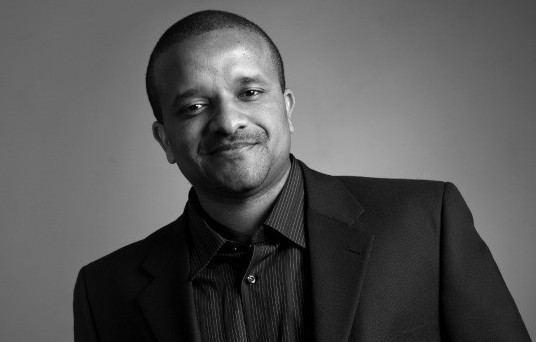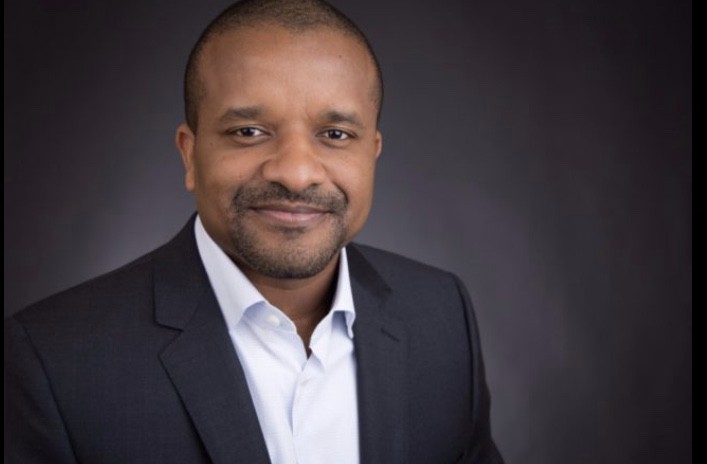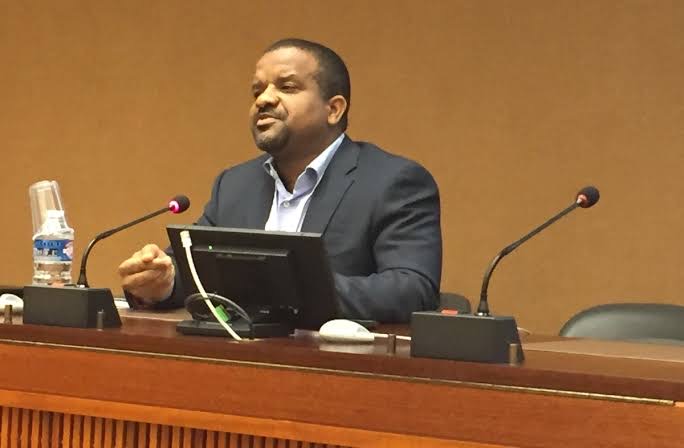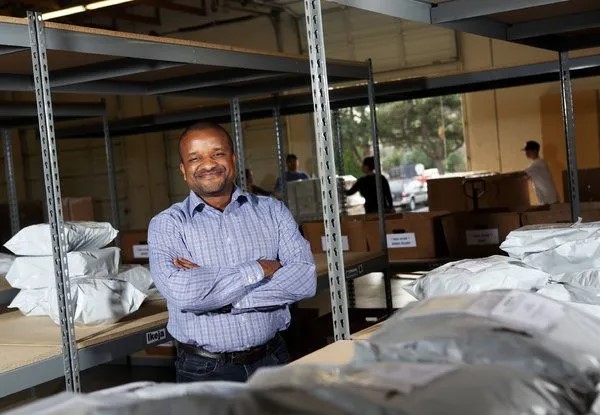How Family Demands Inspired Chris Folayan To Found The Mall For Africa


Across Africa, there is no short supply of brilliant minds who are at the forefront of breathtaking and innovative products. Perhaps, one of the biggest embodiments of Africa’s capacity is Chris Folayan. Chris Folayan is an African returnee who returned to the continent to contribute his quota to the African Dream.
Despite the seeming shortcomings of the continent in terms of development, there are numerous opportunities to be explored. However, these opportunities are often disguised as problems making it harder for people to discover them. The continual emphasis of the media on the problems rather than the opportunities is part of the problem.
As the saying goes, If you don’t go through the beehive, you won’t get the honey. Chris Folayan’s enviable story shows how many opportunities exist in Africa—for those who care to look. Chris Folayan found a problem from the demands of his family and worked to solve that problem. Read on for his background, the reason for his return, and what he thinks about business in Africa.
ALSO READ: Returnee Spotlight: Jemila Abdulai Compares Returning To Africa And Visiting
Chris Folayan’s background

Chris Folayan was born and raised in Kwara State, North-Central Nigeria. At the tender age of 7, he ventured into the world of entrepreneurship—where he was into recycling tires. He ran the business of recycling tires for 29 months before resuming high school at the Federal Government College, Ilorin.
Upon graduation, Chris jetted out to the United States for his degree studies. While at college, he often had to return home, and with him would come several suitcases containing items requested by others.
One day, his luck ran out as he carried more than the permitted number of suitcases. He was not allowed to board the plane. This served as his motivation to explore an alternative. According to him,
“I knew there was a strong demand, and when such demands are not met you have an amazing opportunity to do business. I ended up building an app (Mall for Africa), and I first tested it with family members.”
Journey to the United States
After graduation from high school, Chris immediately migrated to California to pursue a BA in Marketing at San Jose State University. Leveraging the internet boom in the United States, he taught himself programming. His newfound skill served as a foundation to catapult himself into various high-level roles in fortune 500 companies.
After short stints with these companies, he ventured into the world of start-ups. He founded OCFX, a world-renowned software agency consulting for clients such as SONY, HP, Accenture, CapitalOne, EMC, and several others in over 60 countries.
He is the founder of Africa Made Product Standards (AMPS). These hugely successful stints equipped him with crucial skills for his future endeavors. Also, it led to the founding of his biggest venture to date, Mall for Africa.
Reasons for Chris Folayan’s return to Africa
Returning to Africa after tasting the privileges of the developed world is often a difficult decision. However, Chris Folayan was undaunting in his resolve to make a change in the African market. Although he was doing fine in the United States, the burning desire to effect change was the driving force behind his decision to move back to Africa.
Also, the ‘Africa Rising’ narrative had begun to gain traction in the West. In Nigeria, the achievements of Olusegun Obasanjo and Umaru Yar’Adua’s administrations were numerous. These, coupled with concerted efforts to market Nigeria to Nigerians in the diaspora, led to Chris Folayan returning in 2010 to found Mall for Africa.
Chris Folayan advises other e-commerce platforms including Response Architects. In July 2022, Response Architect signed an exclusive deal with Alibaba to launch livestream shopping platform called Penda across Africa. The rollout will start from major markets on the continent including Nigeria, Kenya, and Ghana.
What is Mall for Africa?

Mall for Africa is an e-commerce store that helps African shoppers buy goods and services from US and UK retailers. Shoppers in Africa also do not have to worry about credit cards and local payment issues, as the company has a secure local payment option.
By linking goods, services, and payment options, Mall for Africa makes it possible for US and UK stores to sell to Africans at zero risk. Mall for Africa also provides shipping services, thereby taking away all the risks of fraud, chargebacks, and customs clearing that these brands may face.
After years of shutting out the continent, big brands such as Carters, Fashion Fair Cosmetics, Hawes & Curtis, and Topshop now sell to Africans. Today Mall for Africa has over 8.5 billion items for sale in over 150 stores.
ALSO READ: Returnee Spotlight: See How Ujiri Masai Wants To Make Africa World’s Basketball Capital
Chris Folayan’s dreams for e-commerce in Africa
In addition to its primary designation as an e-commerce brand, Mall for Africa also empowers other African brands. According to Chris, one of Mall for Africa’s key mandates is to put African brands out to the world.
Thanks to this initiative, many African brands now have their products and services for sale in the US and UK. Chris Folayan also wants to use e-commerce as an instrument for the provision of better healthcare.
The company has a franchise, MedZone, which is in charge of deliveries for hospitals. This is in fulfillment of Chris Folayan’s dream of harmonizing e-commerce with healthcare. Consequently, partner hospitals have seen a considerable increase in the quality and availability of healthcare equipment.
The company has plans to expand its tentacles. Its goal is to provide e-commerce services to at least half of Africa’s 54 nations. Speaking on his company’s expansion plans, Chris Folayan said,
“We also have plans to expand to Ghana, Tanzania, Congo, Ethiopia, Botswana, and more African countries where we are currently doing some market analysis.”
Challenges Facing e-Commerce in Africa

According to Chris Folayan, one big challenge facing e-commerce is the lack of skills and knowledge among players in the sector. Skills such as marketing copywriting, product description, and breathtaking photography for companies’ products continue to hinder African e-commerce.
He admits that although Mall for Africa continues to bridge the gap by educating young Africans about digital skills, there is more to be done. In addition, there is the problem of inequality of standards between African markets and the global market.
According to him, some of the products which fit the bill locally struggle to meet product quality demands abroad. In an interview, Chris Folayan said,
ALSO READ: Returnee Spotlight: Why Paul Onwuanibe Left The UK To Build Landmark Beach In Nigeria
“With no easily accessible standards at hand, we innovated our own ‘African Made Product Standards’ (AMPS). It’s another area where we have had to go beyond what would be considered the responsibilities of a marketplace in developed countries. We have had to train local firms and put in place control mechanisms.”
Conclusion
Chris Folayan is a living testament to the fact that Africa is a friendly home for returnees. It is a place where all Africans can truly realize their potential and go on to achieve their dreams.
Part of claiming that heritage is returning to the continent mentally and then physically. In an interview with the United Nations Conference on Trade and Development (UNCTAD) Youth Network, Chris urges Africans to stay on the continent and make a great impact. Watch one of his interviews below.







Responses